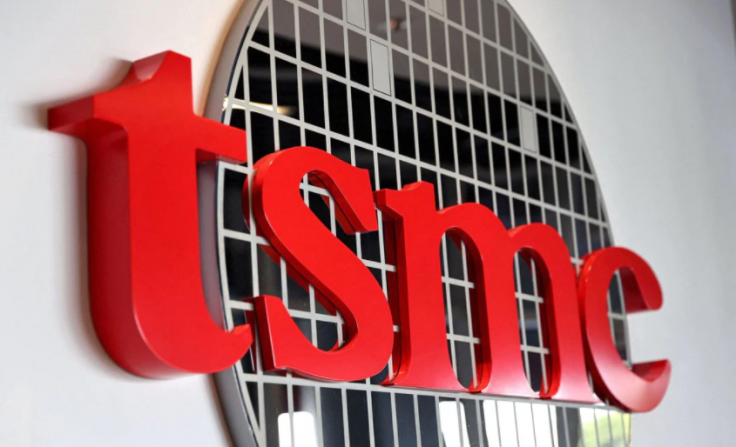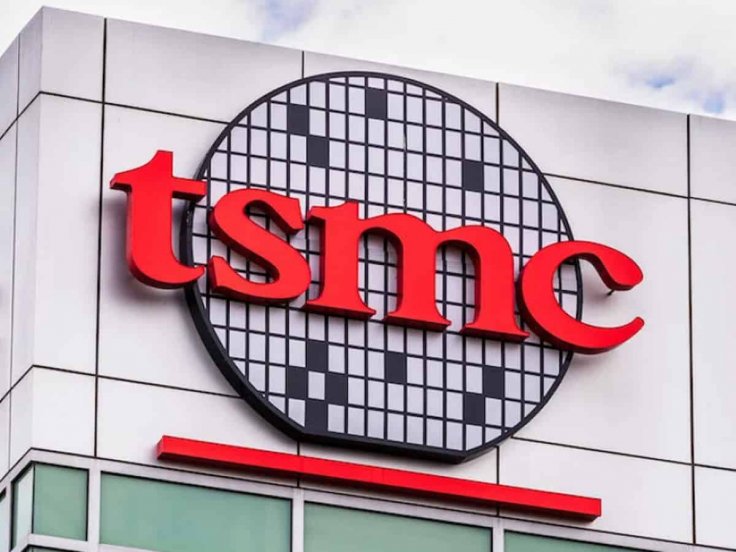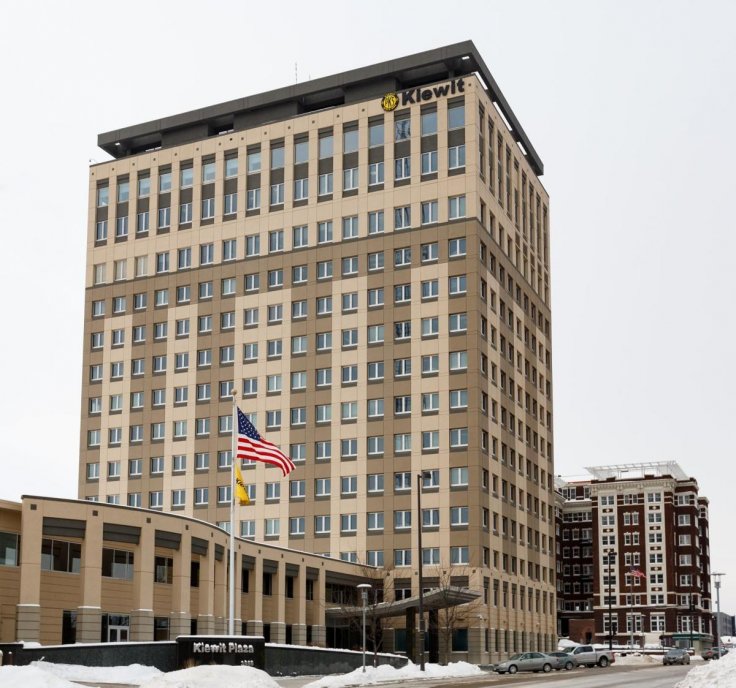Investing maven Warren Buffett surprisingly sold about $3.7 billion worth of shares in semiconductor giant TSMC on Tuesday, fueling speculation on the Wall Street and driving the shares of the Taiwanese chip firm down.
Buffett's Berkshire Hathaway had disclosed the acquisition of a major stake in the Taiwanese company only months ago, and its dumping of the stock within a short period of time came in as an uncharacteristic move by the veteran investor.
Surprising Move From Berkshire
According to a regulatory filing, Berkshire cut its position in TSMC by a whopping 86 percent to 8.29 million American depositary shares.

TSMC shares edged down by 4 percent after Berkshire offloaded the stock months after acquiring stake worth about $5 billion. "It's surprising that Berkshire cut its holding so much in just a quarter, which differs from its past practice of long-term investment and continuing to add shares," Tony Huang, vice president at Taishin Securities Investment Advisory, told Bloomberg News.
In early January, TSMC shocked the technology sector, saying it expects first quarter revenue to drop by at least 5 percent. This compares with a record-beating 78 percent rise in profits the global chip leader posted in the fourth quarter.
Changing Geopolitical and Trade Scenarios
TSMC also said it will reduce annual capital expenditure as well, as it sees a shrinking of tech sector demand for its advanced chips. TSMC specifically sees a weakening of demand from major client Apple in the near term.
TSMC, as well as major Chinese companies that are big players in the semiconductor industry have suffered setbacks in recent months after the US tightened supply restrictions to them as part of its chip war with China.

In October last year, the Biden administration tightened the screws on the Chinese chipmakers by enforcing more export controls targeting them. The move sought to stop not just American companies from selling key equipment and technology to China but persuade foreign firms to do so.
In another landmark move in July, the US Senate voted to move forward with the CHIPS Act that will provide a $54 billion boost to the country's semiconductor industry. The long-delayed Senate vote fulfilled the chip industry's demand for subsidies that will enable it to compete with China.

Additionally, according to Bloomberg, new geopolitical and trade scenarios are likely to drive up costs for TSMC and affect its profitability, which is probably a factor that Buffett took into account. The US, European Union and Japan are putting pressure on TSMC to localize production going forward, and this will invariably increase its costs.









